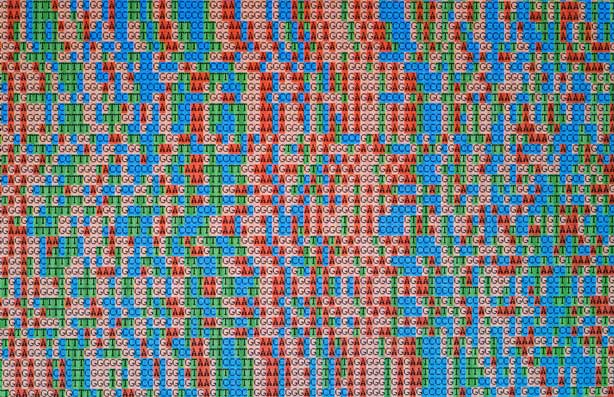
We have been pouring over the billions of base pairs within the human genome for some time now and that quite frankly only gets you so far. Now there are ambitions to build it from scratch. The Human Genome Project-Write needs an initial $100 million to get rolling and aims to do so later this year.
Ethics
This should, quite rightly, open up a huge ethical debate. The very idea of the creation of completely Synthetic Humans who have no parents is no longer confined to the musings of science fiction authors and is now something that we will need to begin to grapple with. We are not there yet, this is just the beginning, but it is still something that we seriously need to ponder over.
There has already been discussion regarding the project behind closed doors. I do get why that was so, because people do need to be able to discuss such topics without the burden of press hype seriously scuppering things, and also because it was just talk, nothing had been published.
The has now changed, the news is out now and has been published in Science.
What exactly is this about?
The goal is to chemically create from scratch human DNA and design it so that we can then proceed to make huge advances.
Imagine if you will …
- Cells that are resistant to all viruses and cancer
- Cells that are free from harmful genes that could perhaps lead to prion disease
Those options, if real, would have a huge impact for stem-cell therapy.
We can utilise stem-cells today. However, they replicate rapidly, and the risk is that they could turn into cancer. That has been, and still is, a huge concern. If however we have a synthetic version designed to never become cancerous and also does not contain any undesirable genetic characteristics, then it would be a huge leap forward.
Another illustration offered is the advantages offered by creating a minimal human genome. It could be utilised to hack the pig genome, and that then potentially yields the possibility of Engineered pig organs that can be transplanted into humans.
Beyond that, this also offers the possibility for the creation of a generic baseline human genome, one that perhaps represents the majority of the human race. Once you have that you then have a powerful new tool for genetic research. You can start to use it by introducing variants one at a time to work out the significance of such gene variants.
What this is not about
Just to be wholly clear – this is not about creating designer babies. The authors of the paper in Science make that quite clear.
Why use Synthetic DNA, why not hack DNA with Crispr?
Hacking DNA is already here, and we have revolutionary technology available for that such as Crispr, but even with that there comes a point where having the ability to synthesise what you need would be a lot easier. Making one change and several changes is achievable with Crispr, but that then becomes quite challenging when you try to scale that up to hundreds of changes, hence an entirely synthetic build-from-scratch is potentially simpler.
The ambition might indeed be the entire human genome of 3 billion base pairs, but even being able to manufacture synthetic strands with 10,000 base pairs with several genes would be of immense value.
Issues that still need to be considered
At this point there are huge issues now on the table.
- The ethical topic of even the very possibility of completely synthetic humans begins to arise. The paper in Science asks questions and does not really grapple with them.
- Ownership. Nobody owns an existing human genome, and so anything made available from the previous Human Genome Project (HGP) that simply read it was agreed to belong to everybody and owned by all of us. Ah but what then happens to a completely synthetic genome, who would own that?
- Funding. They want an initial $100 million to get this going. The US national Institute of Health does not think that now is the right time for a project such as this, so they will not be contributing.
This is simply a beginning, and so we still have many steps to take, not just the practical ones but also the ethical and philosophical ones, before we come to a point where completely synthetic humans becomes a reality. It does however now cease to be pure science fiction and so there is much, both ethically and also practically, that needs to be thought through before we get there, A good place to start might perhaps be proposals for safety standards.